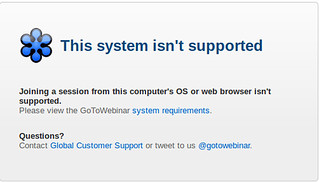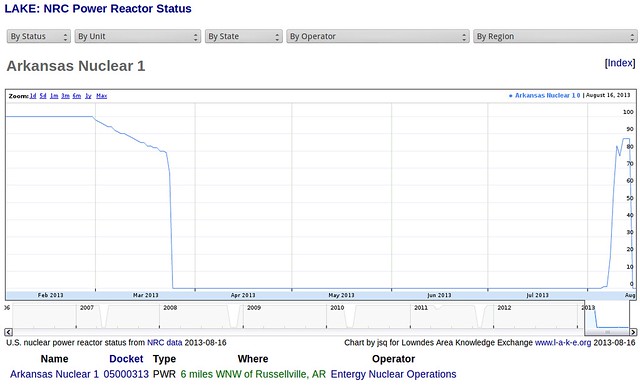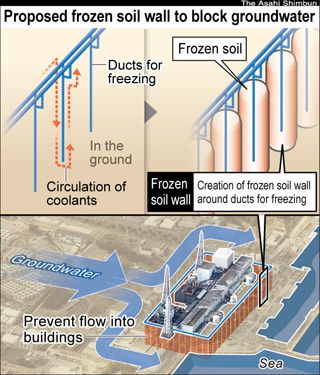Even the VDT has caught on to cost overruns for Kemper Coal and the
new nukes at Plant Vogtle.
VDT posted an AP article 29 July 2013,
Miss. deal may figure into Georgia nuclear plant,
and
Charlotte Observer posted it the day before, including
Ray Henry
as the author,
 In Mississippi, the Southern Co. utility took financial losses when
the cost of building a new power plant went over budget. In Georgia,
another of the company’s projects is going over budget, but it has
not yet taken a financial hit.
In Mississippi, the Southern Co. utility took financial losses when
the cost of building a new power plant went over budget. In Georgia,
another of the company’s projects is going over budget, but it has
not yet taken a financial hit.
Southern Company subsidiary Mississippi Power promised utility
regulators that it would charge its customers only for $2.4 billion
in costs for building a coal-fired power plant in Kemper Country.
Those customers will also have to pay off another $1 billion in
bonds for the project, though the utility cannot make a profit off
that borrowed money.
The utility’s deal in Mississippi has become a point of debate as
Georgia regulators consider who should pay for the increased cost of
building two more nuclear reactors at Plant Vogtle (VOH’-gohl),
southeast of Augusta. Public Service Commissioner Tim Echols said he
wants Southern Co. subsidiary Georgia Power to consider a
Mississippi-style deal here, and Georgia regulators are carefully
tracking financial developments in Mississippi.
 Echols said he was interested in the idea of a project spending cap.
Echols said he was interested in the idea of a project spending cap.
“I’m sure when they made that deal they didn’t think they were going
to over the cap, but they did,” Echols said.
Oh, come now,
they went 26 times over budget last time.
Why would anyone believe Continue reading →
 Safety at Plant Vogtle, this Wednesday, with call-in number, by
NRC and Georgia Power’s parent the Southern Company.
One hour from 1 to 2PM is the public part, then 3 more hours closed
“because the staff has determined that the
information is proprietary in nature.”
Why is nuclear testing affecting public safety proprietary?
Safety at Plant Vogtle, this Wednesday, with call-in number, by
NRC and Georgia Power’s parent the Southern Company.
One hour from 1 to 2PM is the public part, then 3 more hours closed
“because the staff has determined that the
information is proprietary in nature.”
Why is nuclear testing affecting public safety proprietary?








